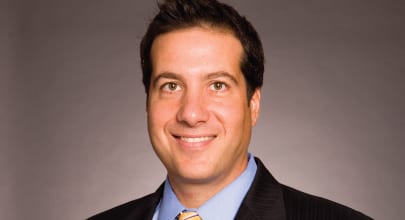In a Q&A Interview with The Washington Business Journal, Tim Ward discusses the effect of sequestration on the hiring of talent in the government contracts space.
By Emily Mekinc | May 3, 2013
Ward, who has been at Arlington-based executive search firm McCormick Group since 2000, specializes in searches for operations, technical and business development executives for government contractors.
What are the impacts of sequestration on hiring/recruiting of federal contractors? We are certainly seeing changes in hiring patterns. The key driver is the overall uncertainty in the market. Many companies are unsure if contracts will even be extended. As a result, we’re seeing fewer companies creating overhead, indirect positions. In many instances, they’re consolidating or eliminating what are essentially positions that don’t result in direct billing.
Are federal contractors holding positions open? They are in many instances. I would say that in addition to the impacts of sequestration, “lowest price, technically acceptable,” essentially doesn’t challenge the contractors. It doesn’t promote innovation. There’s no incentive. If you’re innovating, often times that’s a higher price tag. Companies are really having to look at expenses. I’ve seen companies moving away from 4019(k)s and certain health plans to trim costs.
What trends are you seeing? One trend is companies are making the strategic decision to remain a small business, than officially becoming a large business with smaller margins and more competition. As far as positive trends, there are several areas of potential growth. Merger and acquisition activity is one. The larger integrators are looking at enhancing their business. For example, companies are cutting back traditional weapons and increasing in M&A activity to get into cyberwarfare and C4ISR
What is the effect of sequestration on private sector nongovernment hiring? I would say indirectly, there’s much talk about the huge influx of baby boomers retiring out of the governmen […]
To read the rest of the article, go to | WBJ
To contact Tim Ward, go to | Tim Ward


